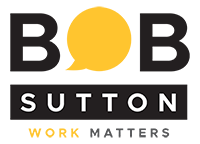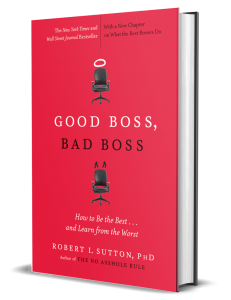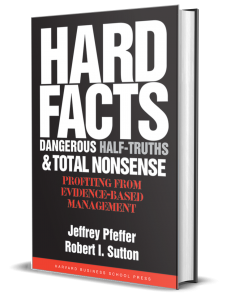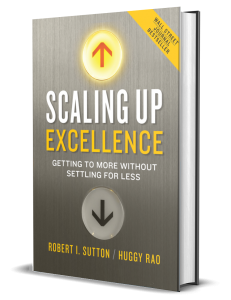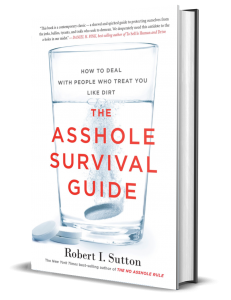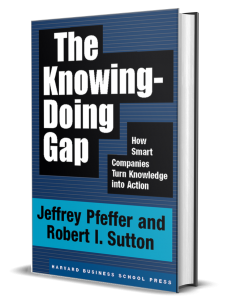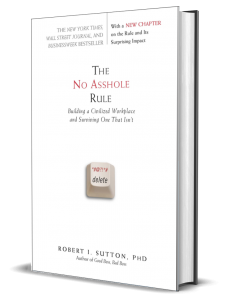
The Friction Project
Now Available | St. Martin’s Press
Every organization is plagued by destructive friction—the forces that make it harder, more complicated, or downright impossible to get anything done. Yet some forms of friction are incredibly useful, and leaders who attempt to improve workplace efficiency often make things even worse. Drawing from seven years of hands-on research, The Friction Project by bestselling authors Robert I. Sutton and Huggy Rao teaches readers how to become “friction fixers,” so that teams and organizations don’t squander the zeal, damage the health, and throttle the creativity and productivity of good people—or burn through cash and other precious resources.
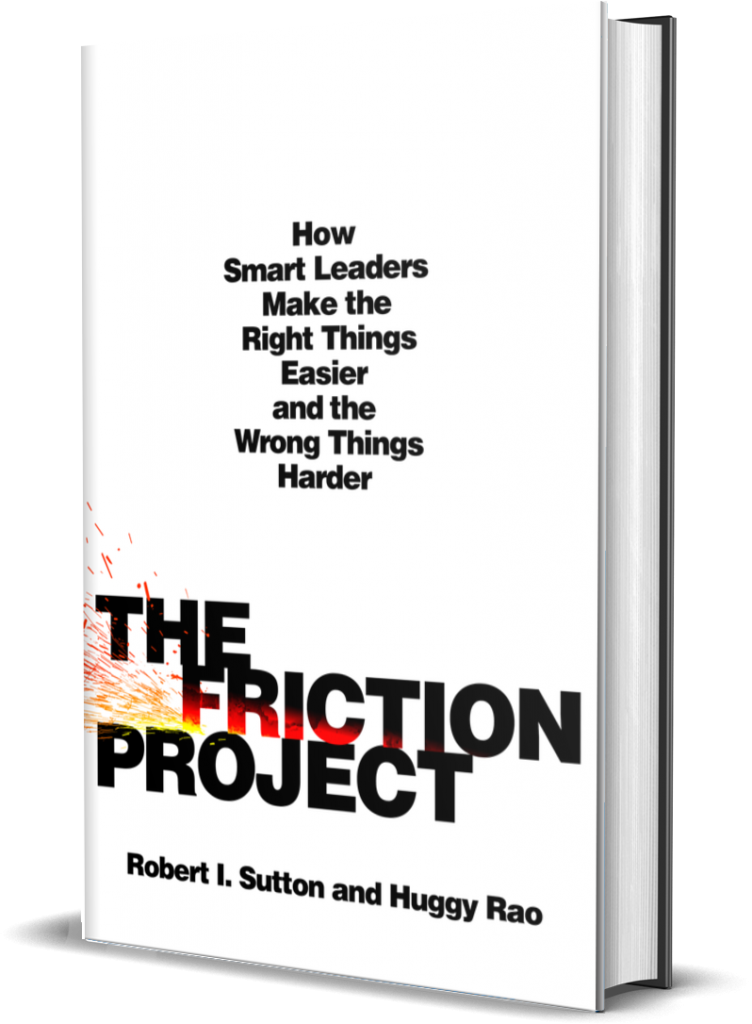
Sutton and Rao kick off the book by unpacking how skilled friction fixers think and act like trustees of others’ time. They provide friction forensics to help readers identify where to avert and repair bad organizational friction and where to maintain and inject good friction. Then their help pyramid shows how friction fixers do their work, which ranges from reframing friction troubles they can’t fix right now so they feel less threatening to designing and repairing organizations. The heart of book digs into the causes and solutions for five of the most common and damaging friction troubles: oblivious leaders, addition sickness, broken connections, jargon monoxide, and fast and frenzied people and teams.
Sound familiar? Sutton and Rao are here to help. They wrap things up with lessons for leading your own friction project, including linking little things to big things; the power of civility, caring, and love for propelling designs and repairs; and embracing the mess that is an inevitable part of the process (while still trying to clean it up).
This is the ultimate guide to diagnosing and fixing the problems in your organization. No one knows more about making work better than this pair of experts, and they’ve produced a remarkably insightful, engrossing, evidence-based, and actionable read. If every leader took the ideas in this book seriously, the world would be a less miserable, more productive place.
The idea of leaders as friction fixers is dynamite. Their job is to remove obstacles to help teams drive decisions and impact, whether that’s through eliminating friction that’s impeding progress or introducing friction to foster debate and better outcomes. Sutton’s and Rao’s insights in The Friction Project offer leaders at all levels important tools and real-world examples to recognize the role that both kinds of friction can play in their organization’s success.
Friction―good and bad―is among the most important but least understood elements of an organization. Get it right, and your team will wake up happy to go to work, get it wrong, and you’ll make everyone miserable and undermine their ability to scale your vision. Bob Sutton and Huggy Rao have spent the last decade studying the causes and remedies for friction troubles at a wide range of companies. They’ve distilled their lessons to help you and your team make the right things easier and the wrong things harder in your company. Every executive, investor, board member, and leader should buy The Friction Project.
A spectacular achievement. Sutton and Rao show that friction is the secret source of organizational failure―and success. Full of practical advice, this book will make the world a better place.
Subtract friction and an organization will move faster, become more innovative and drive productivity gains. The Friction Project is a “how to” guide in a period of workforce transformation across sectors.
